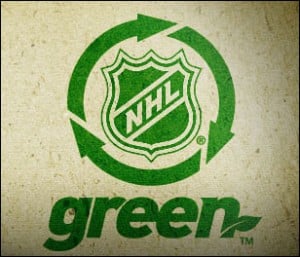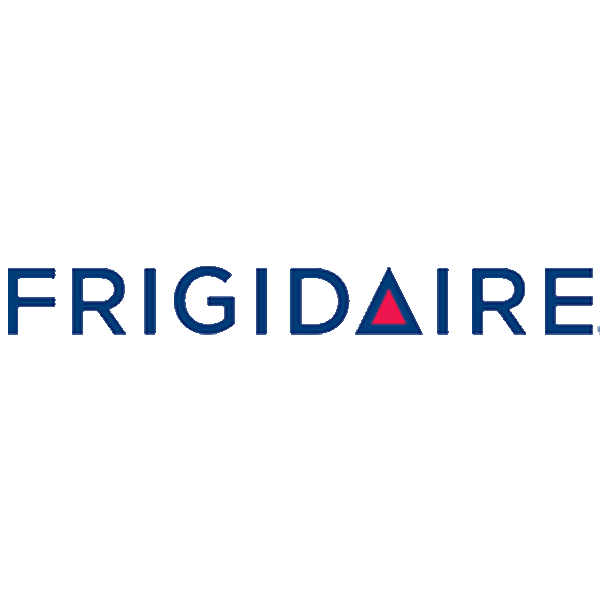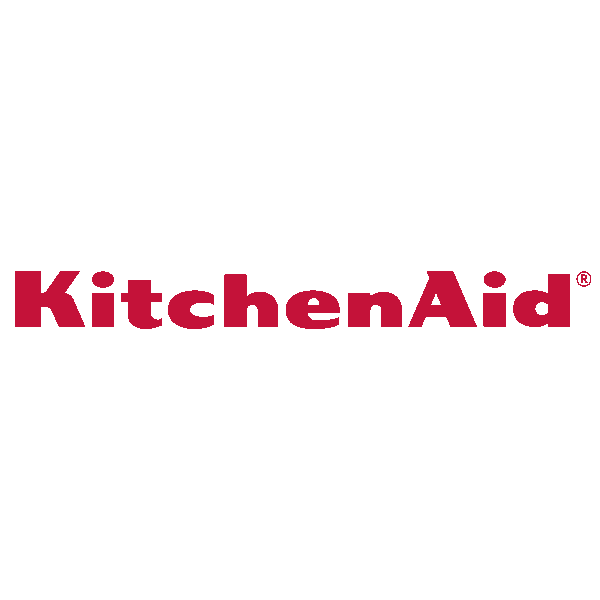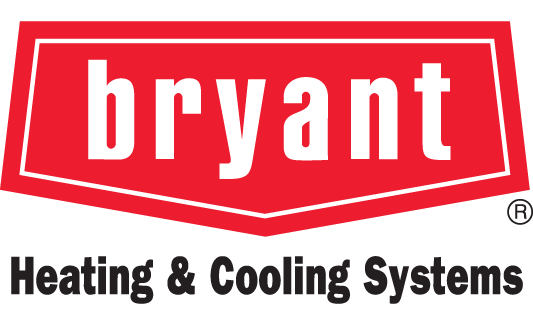 With about 800,000 gallons of water you could grow an acre of cotton, brew over 500 barrels of beer, or supply seven NHL playoff games. If that number seems a bit high for an ice hockey match, know that the NHL thinks so too, which is why NHL Green, the National Hockey League’s sustainability initiative, is collaborating with the Bonneville Environmental Foundation (BEF) for the NHL Water Restoration Project.
With about 800,000 gallons of water you could grow an acre of cotton, brew over 500 barrels of beer, or supply seven NHL playoff games. If that number seems a bit high for an ice hockey match, know that the NHL thinks so too, which is why NHL Green, the National Hockey League’s sustainability initiative, is collaborating with the Bonneville Environmental Foundation (BEF) for the NHL Water Restoration Project.
As reported in the New York Times, BEF, based in Oregon, aims to conserve water in the Pacific Northwest, though it is looking to expand to Washington, California, Colorado, and New Mexico in the future. The organization encourages water conservation with “water certificates.” Each certificate is “divided into 1,000-gallon increments, assigned serial numbers and sold to companies and individuals. Each credit retails for one dollar. Bonneville then pays water-rights holders to conserve water.”
The NHL has gotten involved with the organization and its water certificates for its recently hosted 2011 Stanley Cup Finals, the first “water neutral” series in NHL history. The water conservation effort is useful as hosting a playoff game involves water output in the form of ice, concessions, fountains, faucets, toilets, and resurfacing the ice.
With this program the NHL will use their water certificate credits to restore nearly one million gallons to the Deschutes River, which is between Lake Billy Chinook and Bend, Oregon.
“It is a scenic gem with the potential to support world-class recreation and functioning aquatic ecosystems,” the NHL stated in a press release. “However, water rights holders, individuals who in addition to property ownership possess a legal right to remove river water for ‘beneficial economic use’, divert most of the river’s water at Bend. These disruptions of stream flow have degraded habitats, resulting in poor water quality and a decline in the overall health of the river. The NHL Water Restoration Project will help return the Middle Deschutes to the vibrant watercourse it once was.”
The NHL is now the first major sports organization to participate in the BEF’s water certificate program and also the first to make such a large push towards water conservation. It notes that many of its players first got started playing on ice ponds, so it’s imperative that they set an environmental standard for the future and for the future of ice hockey.














Leave a Reply